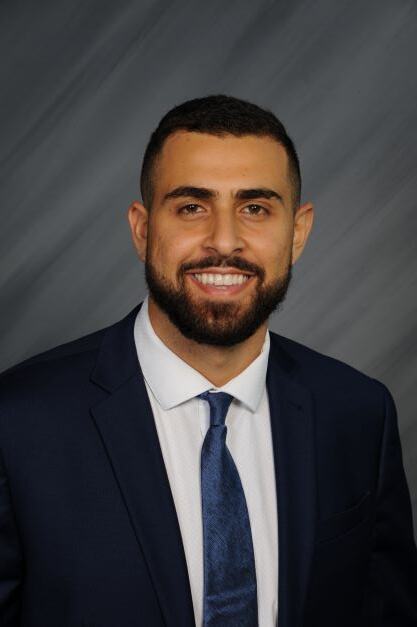
With all the trouble and chaos in the world, it’s not hard to find things that divide us. But one of the most uniting commonalities as humans is our universal need to breathe. I want to try an exercise with you. Close your eyes and take a nice long deep breath through your nose for 5 seconds. Hold it for 3 seconds. Then exhale slowly through your mouth for 8 seconds. Try it now. Repeat it once or twice if you’d like. You feel a bit calmer and more relaxed, don’t you?
Something so simple, something we do every minute of every day - yet something we often take for granted. Those with severe asthma, COPD, Idiopathic Pulmonary Fibrosis, and lung cancer don’t always have the luxury to experience something as simple as a deep breath, and that’s what I’m here to talk about today.
World Lung Cancer Day, observed annually on August 1st, serves as an important reminder to support those currently fighting for their health, to honor those no longer with us, and to educate our youth to lead to a brighter smoke-free future.
Lung cancer remains one of the most prevalent and deadly forms of cancer worldwide – it accounts for approximately 12% of all new cancer cases and 18% of cancer deaths. According to the World Health Organization, it is the leading cause of cancer-related mortality globally.
I’m not here to lecture anyone about how bad and evil smoking is. Those currently smoking have already heard countless tales of the detrimental effects it has on one’s health. From lung cancer to COPD to heart disease to dementia to stroke to peripheral artery disease, the list goes on. I’m here to talk about hope for the future. With advancements in technology and medicine, we now have medications to help if you or a loved one is struggling with cigarette smoking.
Chantix and Wellbutrin are both medications that work on receptors in the brain to help reduce the urge to smoke significantly. There are also nicotine patches that can be placed on the arm daily to help reduce cravings. And if there is a breakthrough urge to smoke while on these medications, some nicotine gum can be chewed to instantly satiate that craving.
Just as with any prescription, there are risks and benefits to all of these; so I would encourage a conversation with a primary care doctor to find the right treatment for each individual.
Early detection is one of the most important factors in surviving lung cancer – it’s crucial to catch it before it spreads to the rest of the body. People between the age of 50 and 80 that are either currently smoking or have quit in the past 15 years can talk to their doctor to see if they qualify for an annual low dose CT scan of the chest to screen for lung cancer.
It’s worth noting that this is usually covered by insurance. Studies have even shown that quitting smoking for over 10 years significantly reduces the chance of getting lung cancer; so it’s truly never too late to put down that last cigarette!
This August 1st, on World Lung Cancer Day, I challenge everyone reading this article to take a deep breath and truly appreciate their health. Perhaps that gratitude and appreciation will motivate you to reach out to a loved one, donate to research to help treat lung cancer, or even put down that cigarette yourself.
Cigarette addiction is known to be one of the toughest habits to break. But it all starts with the belief that it can and will be done. My dream for the future is one where everyone is breathing fresh air with healthy, clean lungs. So, take a deep breath today, see how it makes you feel, and we can make that vision a reality.
Dr. Jarrar is a resident physician who sees patients of all ages and provides obstetrical services at Lone Star Family Health Center, a non-profit 501©3 Federally Qualified Health Center operating facilities in Conroe, Spring, Willis, Grangerland, and Huntsville, and serving as home to a fully integrated Family Medicine Residency Program to increase the number of Family Medicine physicians for Texas and our community.

.jpg?width=500&name=Keating%232%20(002).jpg)

